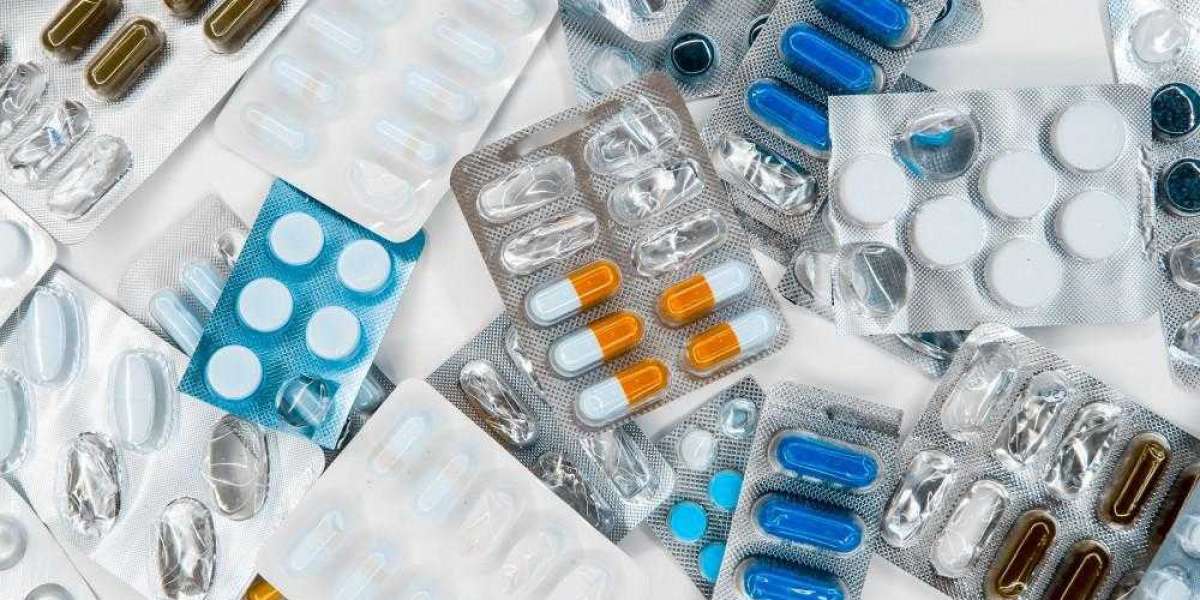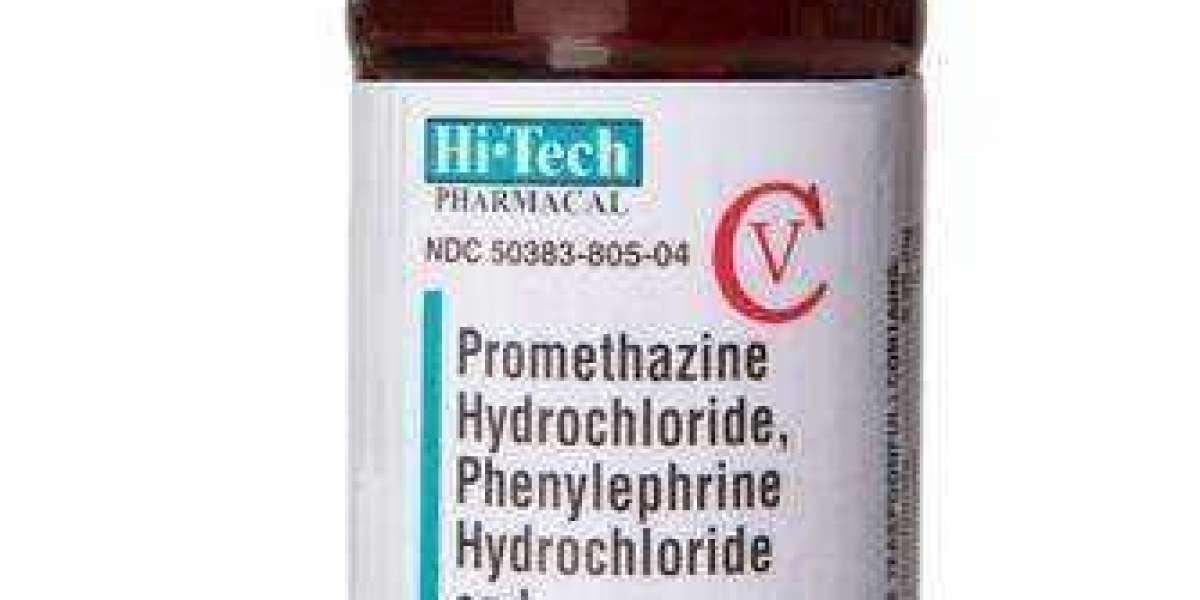Opioids (narcotic drugs) are often prescribed to treat pain. They produce analgesic and central nervous system depressant effects and can cause euphoria.
Despite their effective pain-relieving properties, opioids can become addictive if taken over time. This is called opioid use disorder. It’s a serious and often fatal addiction.
Addiction is a chronic disease
Addiction is a chronic disease of the brain just like heart disease and diabetes. It changes the way your brain works and impacts every organ in the body, including the heart, brain, stomach and liver.
People who use drugs develop a serious addiction to a substance that causes changes in their brain. This can lead to the inability to control their drug use and can affect other parts of their life, such as work, family and social relationships.
Opioid addiction, in particular, is a severe problem. It involves an addiction to narcotic pain medicines that are either prescription or illegally obtained, such as heroin, morphine, codeine, methadone and fentanyl.
Addiction can happen to anyone, regardless of race, gender, income level or social class. Risk factors include genetics, environmental conditions and early drug use. Some populations, such as gay and lesbian people and those with mental health disorders, are more susceptible to developing a substance use disorder than others.
Addiction is a serious problem
Millions of people across the country are struggling with addiction to prescription painkillers, street drugs or alcohol. The problem is particularly bad for narcotic pain medications, or opioids.
Opioids cause changes in the brain’s reward centers, causing people to crave more and more of the drug over time, despite the negative consequences. This can lead to problems with relationships, responsibilities and money.
Addiction is a serious, chronic disease that affects the brain’s reward and memory functions. It can also damage the organs of the body.
Unlike other diseases, addiction has specific symptoms and a pattern of progression (it tends to get worse over time). Treatment may include medications, individual or group therapy, family therapy and treatment support services.
Addiction is a treatable disease
Addiction is a chronic disease that affects the brain and body. The disorder is treatable and can lead to a life of recovery.
Most addictions develop as a result of using substances, such as alcohol, nicotine or opioids. The repeated use of these substances causes changes in the brain’s reward center and can make you feel like you can’t function without them.
The problem is that these substances interfere with the normal functioning of the brain and can lead to other health problems, such as a heart condition. Both addiction and heart disease can be treated to prevent further damage.
The way to deal with this situation is to get help from a medical professional. Treatment options include counseling, family therapy and medications. Newer treatments are designed to minimize relapse rates and support long-term recovery.
Addiction is preventable
Addiction is a chronic disease that requires treatment, monitoring and support for recovery. It is also a disease that can relapse, even after successful treatments.
The best way to prevent addiction is to avoid using drugs in the first place. Opioid addiction, in particular, can be prevented when people use opioids responsibly and follow their doctor’s instructions for taking them.
When you take opioids regularly over time, your body develops a tolerance, or need to take higher and higher doses of the drug to feel the same effect. Over time, this leads to a desire to increase your drug use, which can result in an addiction to opioids.
There are many strategies to prevent addiction. Some of these include education, stronger family and social support systems, and increased awareness about the risks associated with drug misuse.



